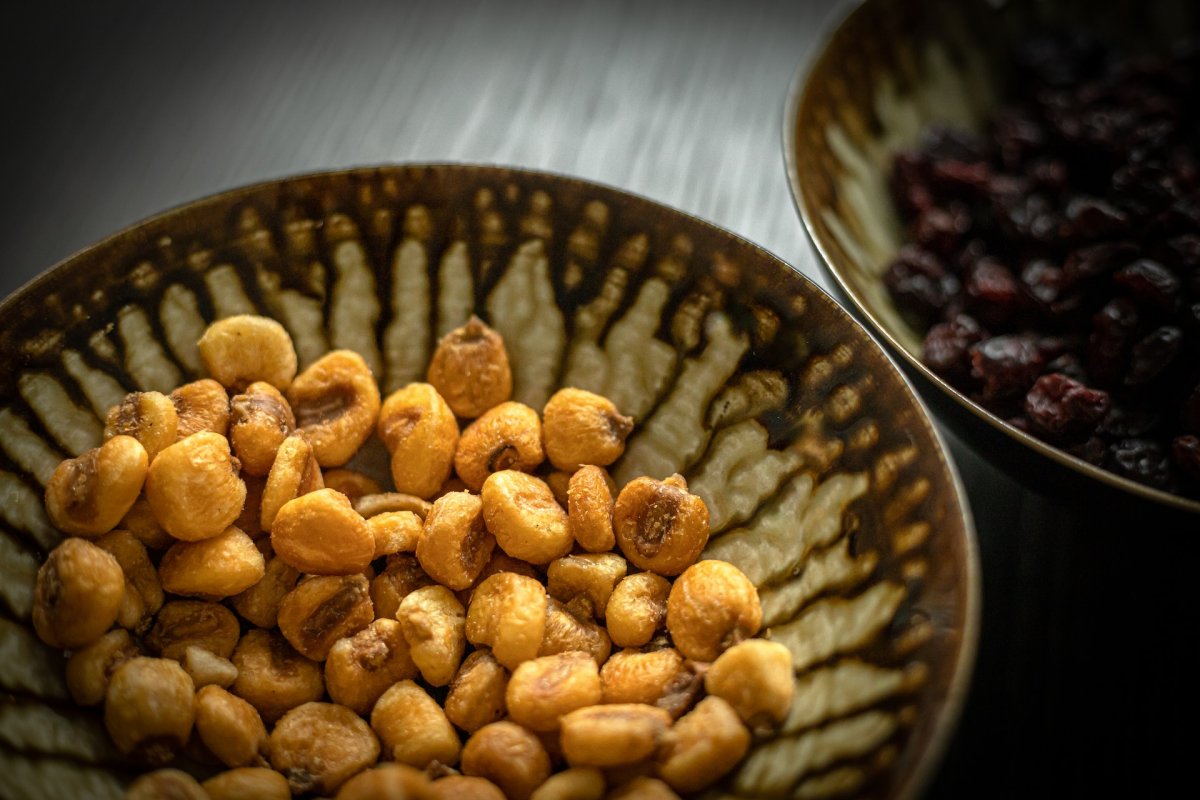
It is estimated that cutting down on a certain ingredient could prevent millions of deaths.
<
What we eat can significantly increase or decrease the risk of certain health conditions and diseases.
This also applies to strokes, life-threatening emergencies that occur when the blood supply to part of the brain is cut off. In particular, foods that increase blood pressure should be avoided if you are at risk for stroke.
“High blood pressure and high cholesterol are the two biggest risk factors for stroke and heart attack. The amount of salt in your diet is especially important because too much increases the risk of high blood pressure,” says neurologist Alexandra Alekhina, especially for MedicForum.
Salt increases blood pressure by causing the body to retain more water by putting pressure on the walls of blood vessels,
“Excess fluid presses on the walls of your arteries, which carry blood from your heart throughout your body. – leads to an increase in blood pressure. High blood pressure can lead to blockage of the arteries that supply blood to your brain – in other words, to a stroke.
What foods should I avoid?
The doctor recommended avoiding foods high in salt.
“Processed and smoked foods, such as salami, smoked fish, deli meats and sausages, contain a lot of salt. So are salty snacks like chips and nuts.”
She also warned about “less obvious” foods high in salt, including canned soups and ketchups.
“But most of the salt we eat comes from less obvious sources – cannedsoups and stews, gravies, soy sauce, ketchups, condiments and pickles, pizzas, ready meals and even bread.”
Therefore, it is important to choose low-salt foods to reduce the risk of stroke. The average person consumes about 8.4 grams of salt per day, while the recommended intake is no more than six grams.
Other ways to reduce the risk of stroke
Regular exercise and weight maintenance within normal limits will help keep both blood pressure and cholesterol levels under control.
Although smoking does not increase blood pressure, it is another very important risk factor for stroke.
Stroke symptoms:
- Face — the face may have drooped to one side, the person may not be able to smile, or their mouth or eye may have drooped.
- Arms – A person with a suspected stroke may not be able to raise and hold both arms in this position due to for weakness or numbness in one arm.
- Speech – Speech may be slurred or garbled, or the person may not speak at all despite appearing to be awake; they may also have trouble understanding what you are saying to them.
MedicForum has previously written about hereditary cancer.
Important! The information is provided for reference purposes. Ask a specialist about contraindications and side effects and under no circumstances self-medicate. At the first sign of illness, consult a doctor.
